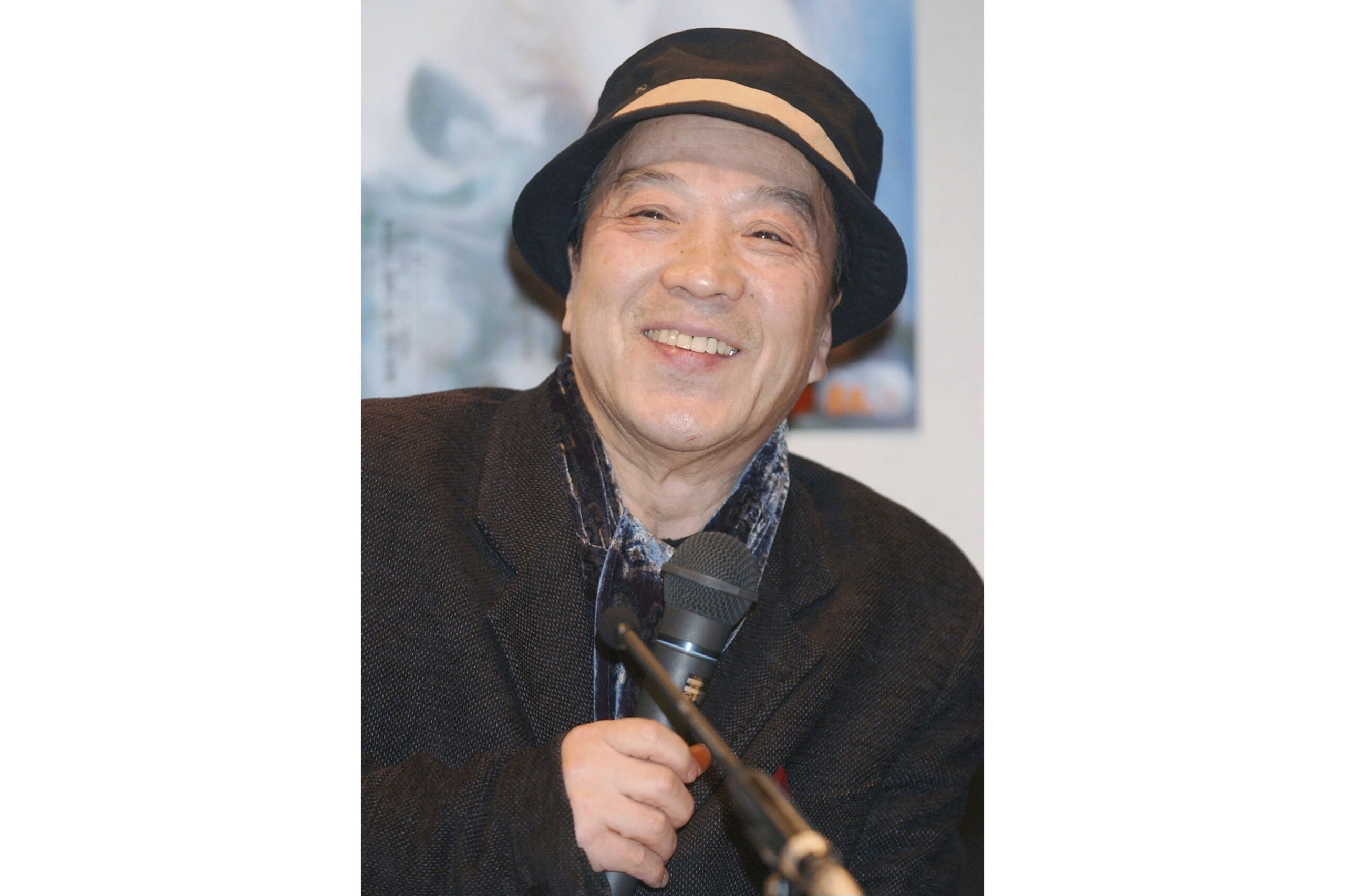TOKYO (AP) — Juro Kara, who helped shape Japan’s postwar avant-garde theater, defiantly yet playfully transforming the essence of Kabuki aesthetics into modern storytelling, has died. He was 84.
The playwright, director and troupe leader died late Saturday from a blood clot in the brain after he collapsed at home and was rushed to a Tokyo hospital on May 1, his theater group Karagumi said in a statement on Sunday.
Kara, whose real name was Yoshihide Otsuru, rose to stardom in the so-called Japanese underground movement of the 1960s known as “un-gura,” characterized by a kitsch rebellious style also found in his contemporaries Shuji Terayama and Tadashi Suzuki.
Kara’s colourful shows, often in makeshift tents evocative of a traveling circus, rejected the established theatrical modes then dominating modernising Japan that were mostly Western, middle class and well-behaved.
His plays, such as “Koshimaki Osen,” were characterised by a raw energetic physicality, blatantly devoid of any pretense at naturalism.
Kara once compared his approach to “a womb covered in blood.” His theater came to be known as “the red tent.” A wandering group would put on his shows wherever the tents went up, most famously in a spot near a shrine in Shinjuku in downtown Tokyo.
Audiences found themselves immersed in otherworldly, dreamlike settings. The flashy posters that artist Tadanori Yokoo often created for Kara’s works exemplified that signature pop surrealist style.
Kara’s group is still active today, performing shows that carry on his legacy. His theater also served as a breeding ground for some of Japan’s top actors, including Kaoru Kobayashi and the late Jinpachi Nezu.
Born in Tokyo, Kara majored in theater at Meiji University in Tokyo, which boasts an extensive archive of Kara’s works.
In 1983, Kara won the prestigious Akutagawa Award for new writers for his novel “Letters from Sagawa.” He also acted in various films, often in bit character roles, including “Demon Pond,” directed by Masahiro Shinoda.
Funeral arrangements weren’t set but will be for family and friends, Karagumi said. Kara is survived by his wife Michiko, sons Gitan Otsuru and Sasuke Otsuru, and daughter Minion Otsuru, all actors.




